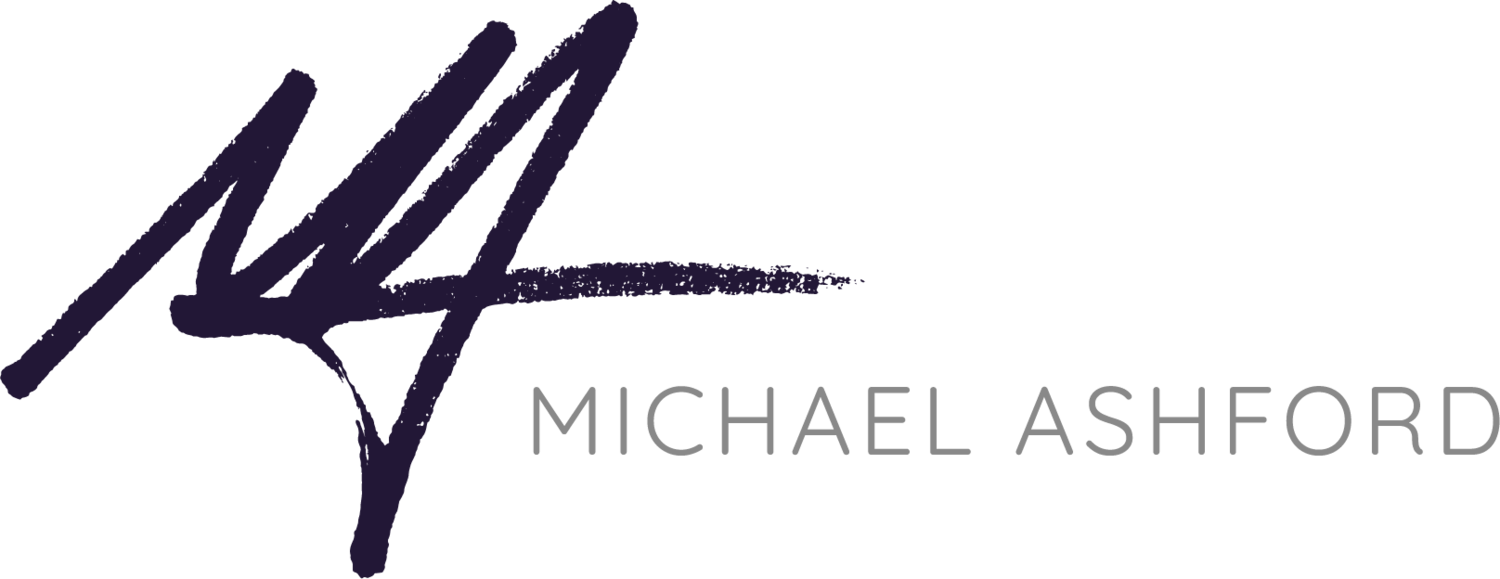Don't fall prey to conflict entrepreneurs
Have you ever heard of the term “conflict entrepreneur?”
Until my conversation with Martin Carcasson, I hadn’t heard it.
But Martin explained what a conflict entrepreneur is in a recent episode of The Follow-Up Question podcast, and the idea is quite simple: A conflict entrepreneur is someone who makes money and generates a large following by pitting people against each other.
Politically. Socially. Racially. Ideologically. Religiously. Geographically. Any other -ally out there.
Unfortunately, conflict entrepreneurship is big business, and it’s scary.
It’s scary because it’s easy to rile up peoples’ sensitivities and emotions. The path to becoming a conflict entrepreneurial unicorn is wide and short.
And perhaps most unsettling, it takes zero experience, financial backing, wisdom, or talent to become a successful conflict entrepreneur.
We see example after example in popular media of people who make their living off of reducing complicated issues into black-and-white binaries, removing nuance from conversation in favor of parroted talking points, and stereotyping the many based off the actions of the few.
And this is why it is so incredibly important for us to get better at asking questions — both of ourselves and of others.
To a conflict entrepreneur, your anger and your discontent are their supply. Your desire to withdraw into a tribe and demonize anyone outside of it is the capital a conflict entrepreneur needs to continue to build their empire.
Curious questions stop them in their tracks.
We must ask ourselves what it is we truly believe rather than what we’ve been told to believe.
We must consider real, tangible possibilities that might lead others to believe differently than we do.
And we must keep a network wide enough where we can go to others who think unlike we do to ask them questions and get their perspectives.
Questions expose conflict entrepreneurs for who they really are: Those who speak with certainty despite never having to show the work of how they came to their attitudes of assuredness. Predators trading human emotion for gain.
The experts I trust and value most show their work and tread lightly when it comes to making definitive statements. And most of all, they value questions and invite others to join them on their journey.
Interested in improving your communication skills and presence? Learn more about what it’s like to work with me as your communications coach.

